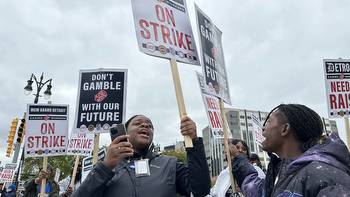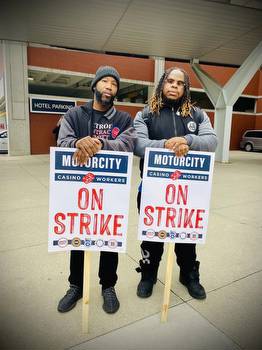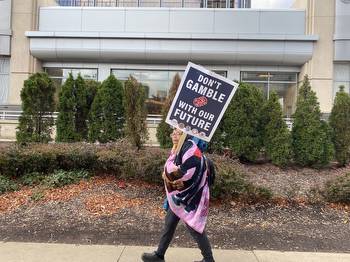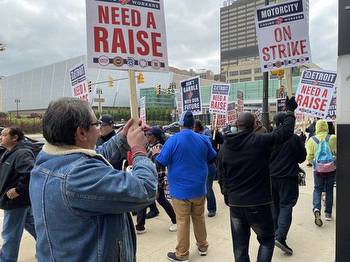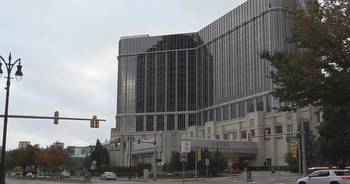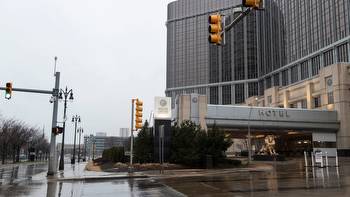How much money Detroit casinos lost during last year’s strikes

The financial impact of this past fall’s Detroit casino workers’ strikes is clearer with the release of new earnings figures. Workers walked away with wage and benefits gains without causing much long-term impact on the casinos’ revenue.
City of Detroit Deputy Chief Financial Officer and Budget Director Steve Watson said in a statement to Outlier Media that the impact of the strikes on city revenue was lower than expected. He also said that the city expects to be able to absorb revenue losses from the strikes.
Workers at Hollywood Casino at Greektown and MotorCity Casino and Hotel went on strikes in mid-October and stayed on strike for 34 days, while workers at the MGM Grand Detroit struck an additional 13 days. All three casinos remained open throughout the strikes but operated at reduced capacity.
During the months affected by the strikes, the casinos did lose money — a combined 18.3% of total revenue during October and 7% in November, according to the Michigan Gaming Control Board. Once the strikes ended, revenue bounced back quickly.
The three casinos ended the year with almost $1.24 billion in combined total revenue, about the same as in 2022, when revenue was about $1.28 billion.
Hollywood Casino at Greektown spokesperson Jason Brown declined to comment on the losses. MotorCity and the MGM Grand didn’t respond to our requests for comment.
The strikes and the physical picket lines walked by workers had the biggest impact to on-site revenue, which refers to earnings from table games and retail sports betting. The three casinos reported an on-site revenue of $82.8 million in October, 18.9% less than 2022. For November, the casinos earned $79.1 million, or 23.9% less than the year before.
Striking workers didn’t have any impact on online gambling revenue, which went up this year compared to last year.
The MGM Grand, MotorCity and Hollywood casinos are the third-largest tax generator in Detroit. The casinos’ wagering tax makes up 19% of the general fund, according to city spokesperson Stephanie Davis. The three casinos submitted about $251 million in wagering taxes to the city from retail and internet gambling.
Casino workers walked away with a five-year contract that included an immediate 18% pay raise for all workers in the striking unions, and no cost increases to their healthcare benefits for the duration of the contract.
Wayne State University professor and expert in labor management relations Marick Masters says the strikes can be considered “successful” if the workers got benefits they could not have gotten without the strikes.
“You can’t say it didn’t matter,” Masters said of the strikes. “It did matter.”









